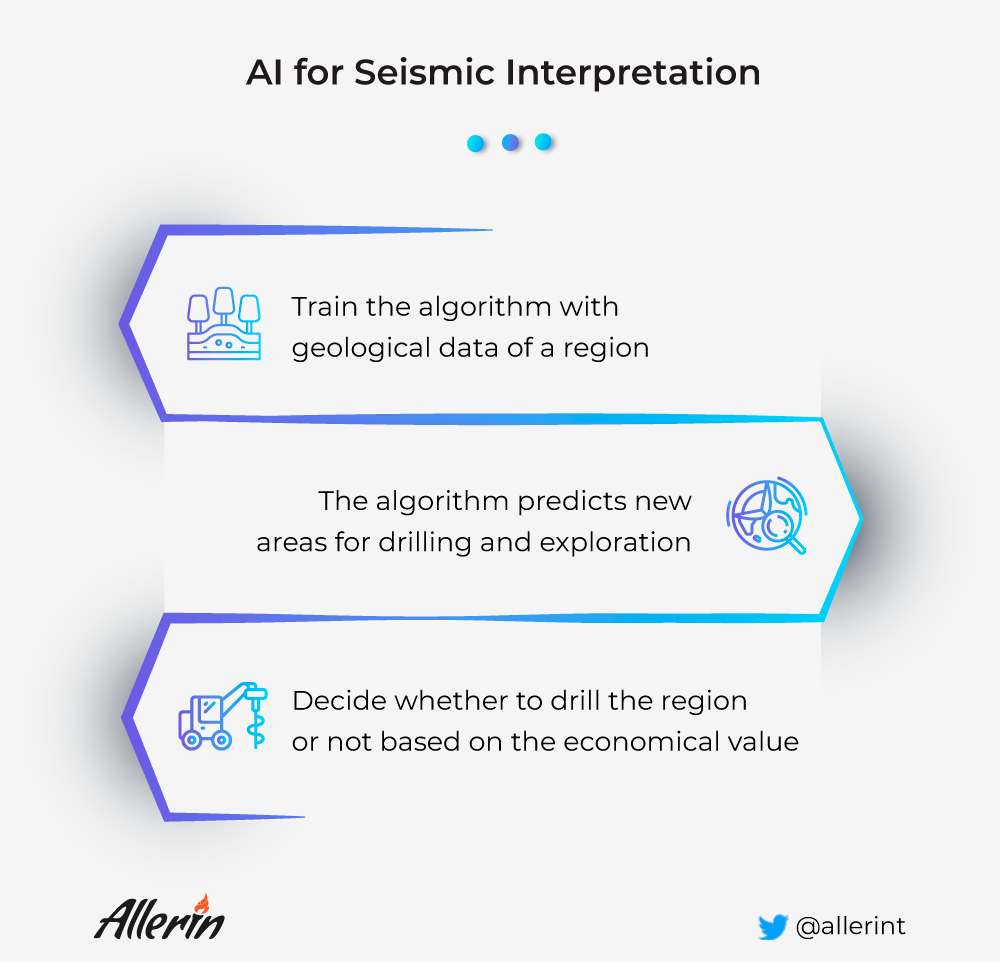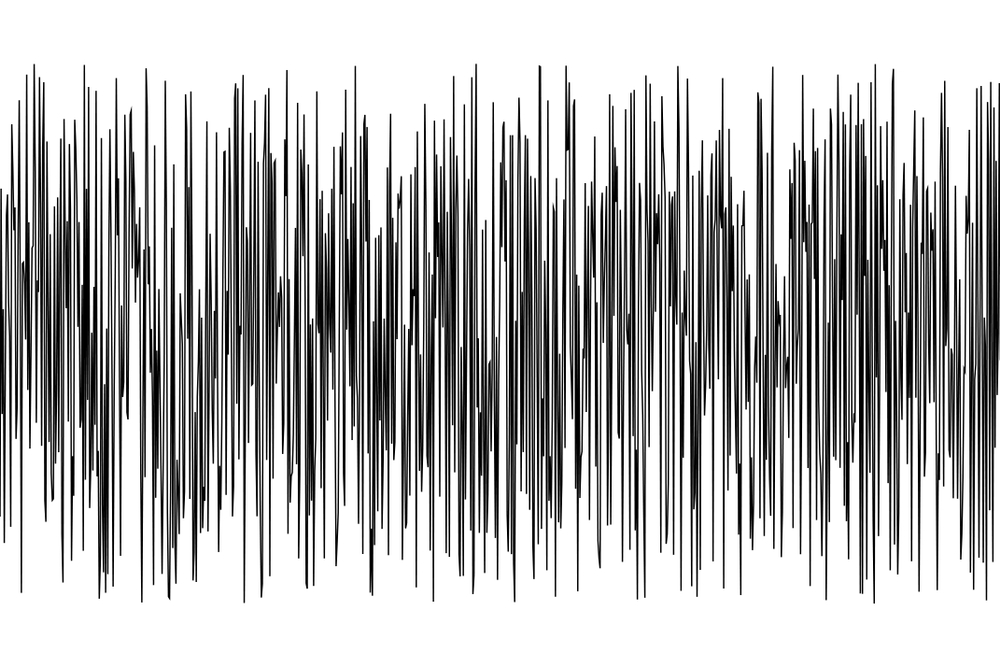The oil and gas industry has benefited heavily in major areas from artificial intelligence (AI), and seismic interpretation is the next area to experience the revolutionary impact.
By building an effective conceptual model of geological areas, AI can help in streamlining the process of oil and gas exploration.
Seismic interpretation is the science (and art) of inferring the geology at some depth from the processed seismic record. Seismic interpretation is necessary for the oil and gas industry to discover and develop profitable fields and reserves. Historically, oil companies have had to rely on a trial and error approach. However, with seismic interpretation, the process was streamlined significantly but yet wasn’t highly efficient. The process, although improved the accuracy of finding an oil reserve, was still highly time-consuming and resource-intensive.
Challenges in Seismic Interpretation and Resource Exploration
When it comes to geological exploration, major faults are easier to identify, but identifying smaller cracks is a tedious task. The subtle faults can be overlooked by human scientists and can take away the opportunity of drilling a resource-rich reserve. Also, the process is highly time-consuming, requiring scientists to analyze tons of data. AI can help overcome these challenges as it automates the process and results in a quick method of oil exploration.
The Transformative Partnership of AI and Seismic Interpretation
Deep learning systems can help simplify the process of seismic interpretation. AI algorithms can easily and quickly identify fault systems from 3D seismic images data provided to them. The algorithm can help spot subtle faults that might be overlooked by human scientists. The deep learning model is trained with geological data. The AI model then analyses the data and helps predict faults that may be present in the region. Oil companies can then plan their drilling and rigging activities based on the output provided by the AI algorithm. They can assist in accurately determining the availability of natural gas and oil in areas that are inaccessible or are hard to access for humans. The organization can then determine whether to drill in the fracture or avoid it, depending upon the quantity of oil and petroleum reserves in the fault. For instance, researchers at the University of Texas in Austin have used synthetic data to train neural networks to spot small faults that might have been missed by humans.

AI has proved highly beneficial for the oil and gas sector. Although it can significantly improve the process of mapping geological regions, the technology surely isn’t foolproof. A perfect balance for using AI for seismic interpretation would be the combination of AI and human interpreters. Human reasoning is no match for technology, and humans can’t work with the speed of technologies like AI and seismic interpretation can thus be improved significantly only with their combination. This combination of man and machine can help improve speed, quality, and understanding of geological mapping significantly, and seems like the logical solution for improving seismic interpretation.




Leave your comments
Post comment as a guest